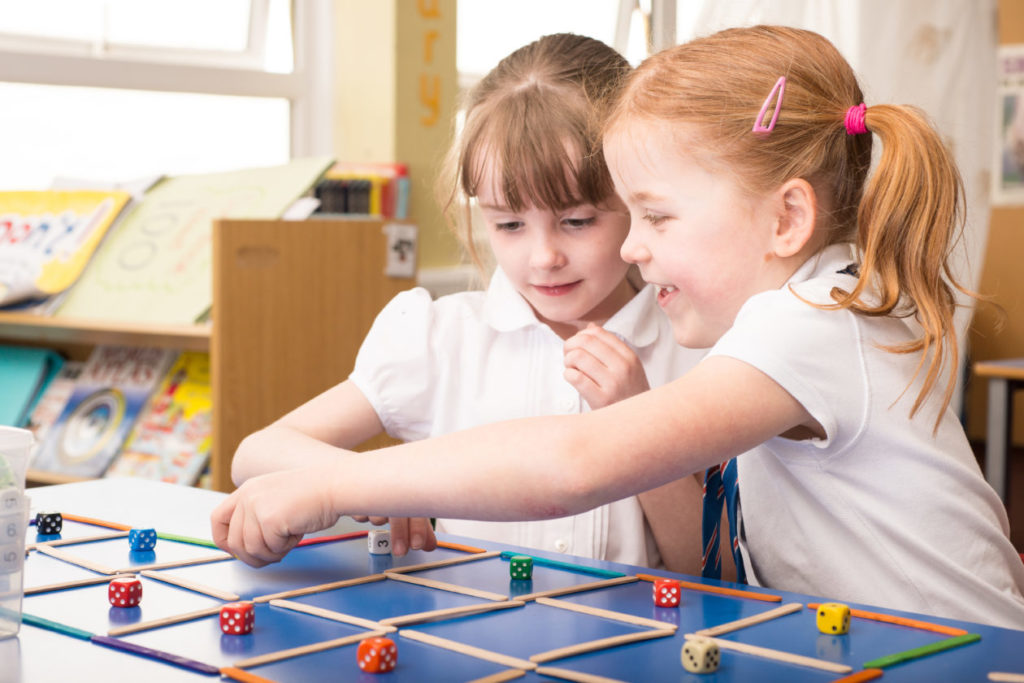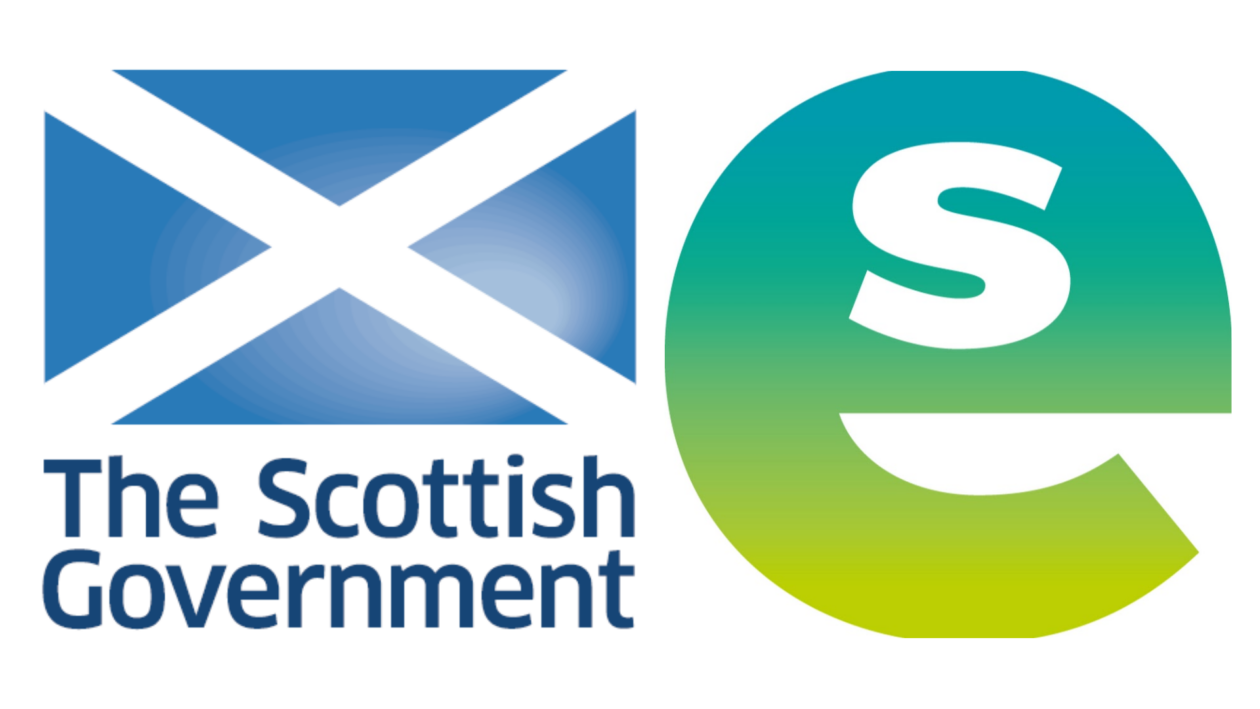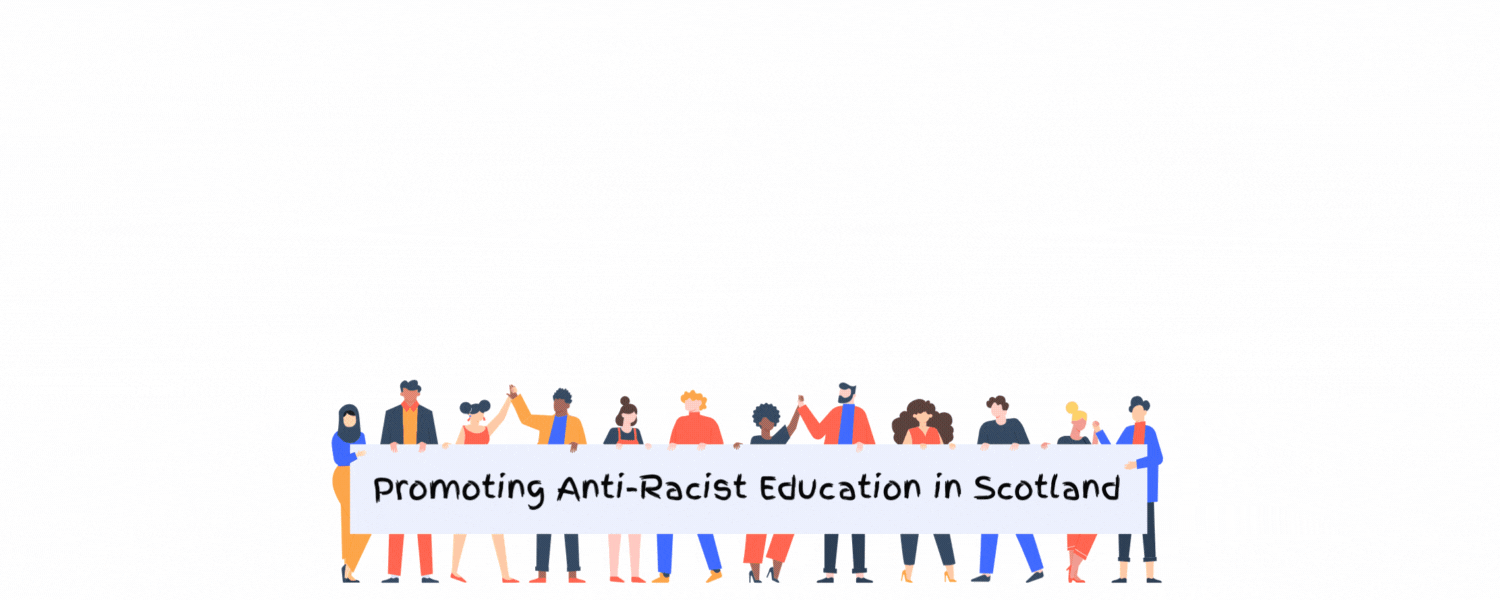The Aspires 2 report confirms that identifications with ‘cleverness’ are not simply derived from academic attainment but are profoundly racialised, classed and gendered – cleverness is aligned with middle-class, white, masculinity. In other words, girls, working-class and Minority Ethnic students found it hard to be recognised as ‘clever’, regardless of their attainment.
 Numeracy and mathematics is frequently referred to and perceived as a ‘difficult’ subject and only suitable for the ‘very clever’. For young people who don’t feel they fit ‘clever’ – whether they are attaining well or not – their conception of numeracy and mathematics may not fit with their self-identity. It is important to emphasise that this is not because of innate ability or ‘real’ cleverness but because of representation and perceptions.
Numeracy and mathematics is frequently referred to and perceived as a ‘difficult’ subject and only suitable for the ‘very clever’. For young people who don’t feel they fit ‘clever’ – whether they are attaining well or not – their conception of numeracy and mathematics may not fit with their self-identity. It is important to emphasise that this is not because of innate ability or ‘real’ cleverness but because of representation and perceptions.
In 2017, mathematics education professor Rochelle Gutiérrez observed that ‘Who gets credit for doing and developing mathematics, and who is seen as part of the mathematical community is generally viewed as white.’
There are a number of reports which have noted similar findings to this. The ground-breaking work of minority ethnic mathematicians such as Katherine Johnson or David Blackwell, is still too often overlooked or excluded from mainstream discussions. There is also evidence of how harmful racial stereotypes related to maths can be, both anecdotally and through research. It is therefore important to further consider how maths as a subject can still either centre whiteness as the norm or challenge this harmful narrative:
‘The ways we teach and learn about numeracy and mathematics are political (and also racial and gendered), we must therefore be on the side of justice, whatever that may look like. In other words, if mathematics can be antiracist, then it ought to be.‘
Tian An (2020) Sessions on Issues of Diversity, Equity, and Social Justice, Interrogating Whiteness in STEM: A Book Discussion, Can mathematics be antiracist?
Reflective Questions
- Consider and reflect on the following questions within your teaching practice and pedagogy:
- How can we ensure that, as practitioners, we continue to use appropriate language to support racial equality?
- In the classroom, how can we ensure that diverse opinions, thoughts and feelings developed through a range of life experiences are respected and, where appropriate, challenged?
- Do learners see themselves and their experiences reflected in the texts and examples presented to them in class?
- Are learners given the opportunity to learn about a broad range of mathematicians from different backgrounds?
- Do mathematical enquiries help learners develop a greater understanding of their social, cultural, political and economic situations?


